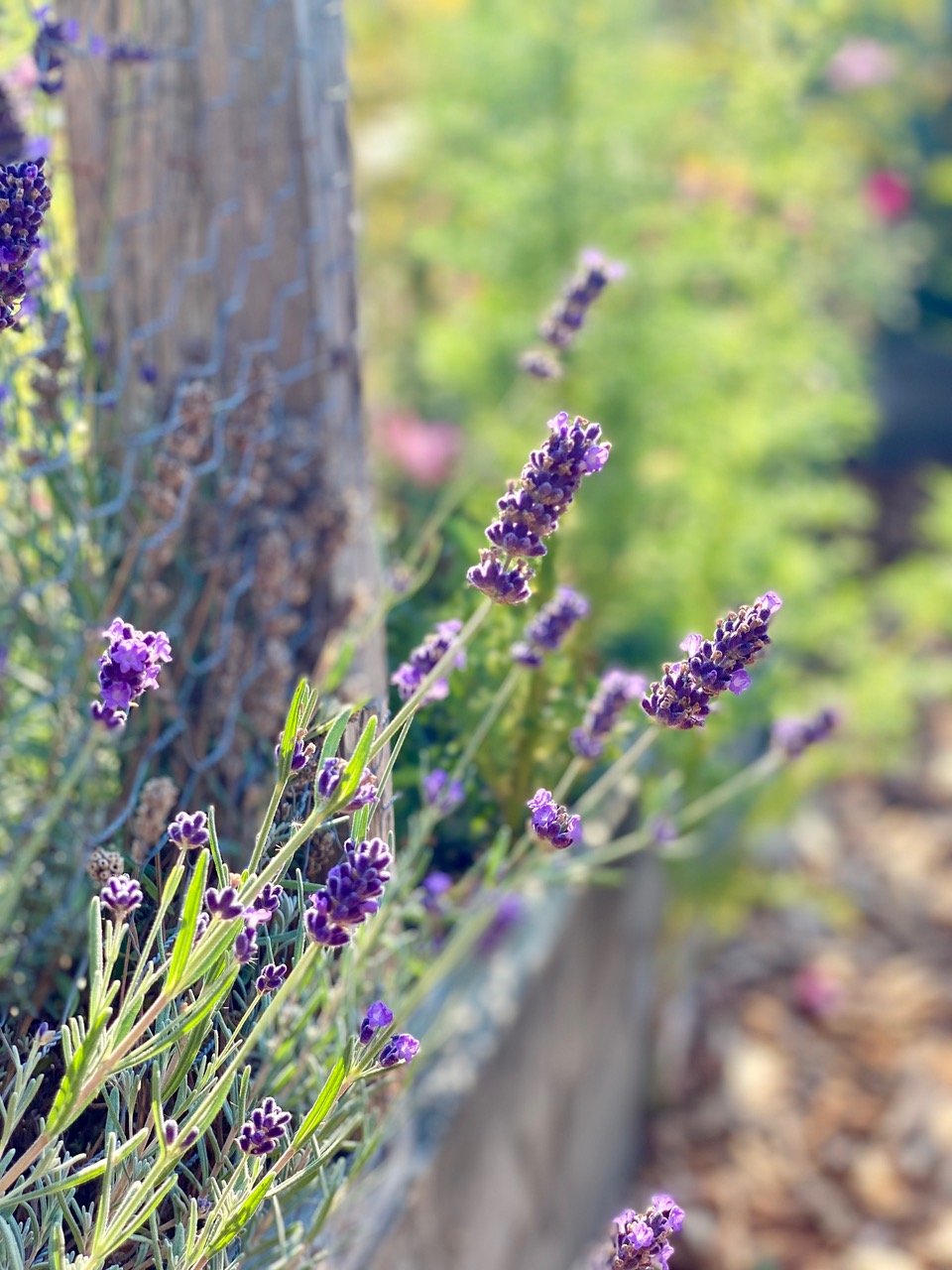Dirt, Daylight and Duty
Photo Courtesy | Micah Klassen
BY MICAH KLASSEN
Dirt
Dim lights and damp floors
I see dirt in the carpet
Stress coils itself in my muscles
A python poised to squeeze
Low ceilings and dust —
Dust is my nemesis
I peer through the gloom, tired of
Fighting to find missing peace
How can mess hold such
Power over me? I breathe
Out slow, swallow the urge to scream
And stoop to collect small socks
Daylight
Breakfast banter
They talk of whose cup is taller
Who is bigger, who is older —
I clear away last night’s mess
Dishes clatter in the sink,
My fingers pink and pulsing —
Water too hot again. A small sigh,
Like steam escaping
Conversation between
Boys always boils into competition
Somehow; a bit exhausting,
A bit amusing. I smile.
The youngest explodes
“No, mine is bigger!” and I wonder
About base instinct, about control —
How we all crave it.
What’s innate in each of us,
Without Love’s shape imprinted?
A shudder runs down my spine —
Mind conjuring scenes
Oceans choking / Piles upon piles
Of plastic / Black smoke spires
Ominous power structures / Vulnerable
People forced to flee
Who will these boys
Become? I stare at their
Faces now – so young and
Impressionable, so empty of ego
“I love you too, Mama”
My youngest says, eyes
Seeking mine out. I savor the “too”
Realizing he has already learned
To assume Love.
Duty
I’ve been thinking lately about how much emphasis is placed on “nonconformity” here in the West, and how our society has become quite obsessed with words such as agency and autonomy.
Is it just me, or does it feel like our culture is becoming somewhat allergic to terms like responsibility, commitment, duty?
To an extent, part of me is drawn to the capitalist, individualistic sentiments The West is known for propagating because as a parent, (along with countless other parents, I’m sure) I want my boys to know who they are and what they want out of life, to love who they choose to love, and I want them to have the kind of confidence in themselves that empowers them to question the status quo when they feel prompted, and to pursue careers and professions that ignite their very souls. I want them to understand that they really can do anything they set their minds to, and on the one hand, I’m grateful we live in a country where there is so much personal freedom and opportunity.
But on the other hand, I also have to wonder whether my own attraction to western lifestyle is rooted in the fact that, in many ways, it enables and reinforces the innate self-centeredness I possess.
I’m curious whether it’s a coincidence how - across the board - more and more people are suffering from serious loneliness and anxiety; I wonder whether there might be a correlation between our individualistic approach to life and the loneliness so many health practitioners are pushing for governments to recognise as an epidemic.
According to a study conducted by Harvard in 2020, 36% of the 950 Americans surveyed reported experiencing “serious loneliness” on a regular basis. 61% of young people aged 18-25 and 51% of mothers with young children reported experiencing the same miserable degree of loneliness - which doesn’t surprise me, considering my own history. I’ve felt the sting of loneliness on so many occasions since becoming a Mum, but especially during those first few years of full time motherhood. Since I was one of the first to become a Mother in our circle of close friends, my life suddenly changed overnight in comparison to theirs; while my friends continued to work full time jobs and go about their social routines with ample amounts of energy, I spent my days at home caring for a helpless newborn, adjusting to the responsibilities and rhythms of parenthood. There were so many occasions where I remember feeling like I’d been forgotten just because I wasn’t “around” anymore, and due to this I gradually realized I would need to adjust the expectations I had for certain relationships and be more open to building new ones that aligned with the season I was entering.
Since that time, I’ve come to understand that as much as feeling lonely sucks, I’m also the one who holds the power to change it, to reach out and connect with someone when I need support or companionship - rather than waiting for others to initiate.
Now a few years further down the track, I know how important community is to my survival and happiness; I’ve learned that cultivating a network of strong, connected relationships is one of the most valuable things I can do for my overall mental and physical well being, and I spend time thinking about how I can teach the boys this in the midst of such a hyper individualistic culture, where ageism is becoming increasingly prevalent and there is less interaction between younger and older generations.
My family of origin is a blend of Maori and Pacific Island cultures - two nationalities that place a huge amount of value on family and community. So growing up as the first-born of eight children, I was expected to “set an example” for my siblings and display a level of leadership they would be able to follow, because they naturally (and literally) looked up to me. I was constantly reminded that others were watching when I showed signs of diverging from the straight and narrow, and this often added a layer of pressure to my childhood that felt quite unfair at times. I didn’t want to have to think about my siblings (others) every time I was faced with a decision - especially if it involved defying some authority figure, or doing something I’d been forbidden to do (that list was long).
But, regardless of the psychological consensus around such parenting methods, that principle always stuck with me. As an adult who now has a family of my own, I understand what my parents and grandparents were trying to instill way back then.
Just as being part of a sports team requires sacrificing one’s own individual success and ego for the benefit of the entire team, being in life-giving relationship with others is not devoid of sacrifice either. It requires compromise, communication, the time and patience it takes to listen to another’s point of view, and the cultivation of empathy and generosity.
In other words, it requires hard work. But the benefits of that work are entirely essential, in my opinion, and this is what I hope to instill in my kids as they grow.
As part of a family, we need one another, we can learn from each other and we have a duty to care for one another - whether it’s convenient or not. We are not islands unto ourselves, our actions have the power to affect others either negatively or positively, and those of us who are strong must make it a priority to look out for those who are more vulnerable among us.
We’re all connected because we all share this “home” planet, and therefore - we have a duty toward one another that we must choose to uphold, daily, rather than allowing the rivalry and competition that seems to come so naturally get the upper hand.
Hopefully, my boys will grow up with fond memories of our family ties - despite the faults and flaws - and be able to treasure the relationships they cultivated with both older and younger members alike; hopefully, they’ll learn from the way my husband and I regularly schedule time to spend with friends and family, and they’ll notice when we ask others for help or advice, and when we offer that advice and help in return.
Most of all, I hope they come to love the “village” that raised them, and seek to build strong, sustainable villages of their own.
MICAH KLASSEN was raised in New Zealand and homeschooled by her mum, who was the first to spark a love for creative writing in her during primary school. That spark quickly morphed into flame — writing is such a cathartic expression for Micah and has helped her through some very difficult seasons. In 2010, she moved to Australia, fell in love and married her Canadian sweetheart — They now have two babies and Micah is doing her best not to fall off the wild rollercoaster ride that is Motherhood! Currently writing from Vancouver, Canada.


